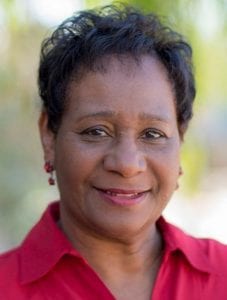The big day has arrived. You look in your In Box and there is an email from a journal editor. You submitted your manuscript over 60 days ago and have been patiently waiting for their decision. The big day is here. You click on it. There is likely one of four decisions.
- Reject/return without review.
- Reject.
- Revise, and (of course).
- Accept.
Good news no matter what the decision is! You are moving forward. Here is some advice for understanding their decision and what it means to you:







